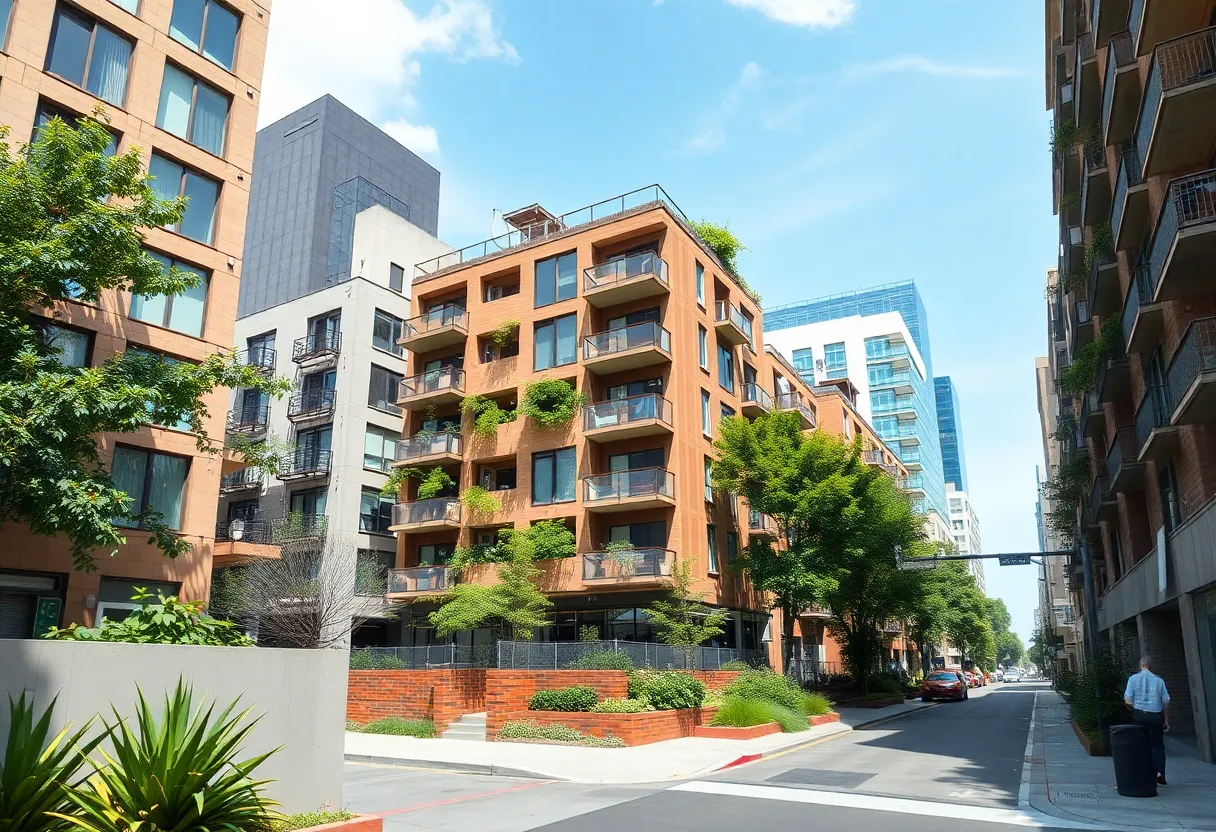News Summary
California is grappling with intensified federal actions against its progressive policies, with the Trump administration deploying National Guard troops and threatening officials. Governor Newsom warns of a critical moment as tensions rise over issues like climate standards and education funding. Protests erupt in response to immigration raids, while legal challenges against the administration increase. Political leaders criticize the federal overreach and prepare for potential repercussions, marking a significant struggle over state and federal authority.
California is currently facing a significant escalation in its ongoing conflict with the Trump administration, as federal actions intensify against the state’s policies and leadership. Governor Gavin Newsom has raised concerns that a critical moment has arrived, as the administration conducts a multifront offensive that includes the deployment of federal agents in Los Angeles.
The Trump administration’s approach has gone beyond previous conflicts, targeting California’s climate standards and threatening to remove state officials. This aggressive stance is part of the federal government’s broader strategy, which has included immigration raids throughout Los Angeles. Following public protests against these raids, Trump decided to send thousands of National Guard troops to the region, despite Governor Newsom’s objections.
In addition to the deployment of military personnel, the federal government has signaled intentions to withhold education funding from California based on the state’s approach to policies concerning transgender athletes. The situation has escalated further with the emergence of a video showing U.S. Senator Alex Padilla being forcibly removed from a Department of Homeland Security news conference, igniting outrage among Democratic leaders in the state.
A federal judge had previously ordered Trump to cease the unilateral deployment of National Guard troops in California; however, an appeals court has temporarily allowed these operations to continue. California now finds itself at the forefront of a contentious struggle over federal power, particularly concerning immigration enforcement. Federal officials have detained union leaders and issued threats against state officials, claiming authority over anyone interfering with federal operations.
The chair of California’s Democratic Party, Rusty Hicks, has decried the federal actions as an abuse of power, indicating a potential shift towards authoritarianism. In anticipation of possible repercussions from the Trump administration, Newsom and other state officials are bracing for potential funding cuts linked to California’s progressive initiatives.
Trump has also sought to eliminate California’s vehicle emissions standards as part of his policy agenda. Current Attorney General Rob Bonta has noted that legal challenges against the Trump administration have doubled compared to those during the president’s first term. Furthermore, the administration is actively suing the state over Proposition 12, which establishes humane space requirements for chickens, arguing that it drives up egg prices and conflicts with federal regulations.
Newsom humorously responded to the lawsuit by suggesting that blaming California for inflated egg prices is absurd. The Trump administration contends that California’s policies on immigration and climate are ultimately harmful to its citizens, suggesting that federal intervention is necessary for their benefit.
Democratic leaders across the state have criticized Trump’s actions, viewing them as blatant overreach. They have called for public engagement and political mobilization against what they deem excessive federal intrusion. Political scientists have warned that Trump’s deployment of military power within California may further erode civil liberties and risk increased authoritarianism. This tense standoff between California and the federal government is positioned as a pivotal case examining the limits of federal authority in modern governance.
As California continues to confront these federal actions, the legal and political ramifications could have lasting impacts not just on state-federal relations, but also on broader civil rights and liberties within the country.
Deeper Dive: News & Info About This Topic
- ABC7 News
- Wikipedia: Donald Trump
- Politico
- Google Search: California Trump administration
- Los Angeles Times
- Google Scholar: California federal conflict
- The Guardian
- Encyclopedia Britannica: California
- Washington Post
- Google News: Trump California

Author: STAFF HERE HOLLYWOOD
The Hollywood Staff Writer represents the experienced team at HEREHollywood.com, your go-to source for actionable local news and information in Hollywood, Los Angeles County, and beyond. Specializing in "news you can use," we cover essential topics like product reviews for personal and business needs, local business directories, politics, real estate trends, neighborhood insights, and state news affecting the area—with deep expertise drawn from years of dedicated reporting and strong community input, including local press releases and business updates. We deliver top reporting on high-value events such as the Hollywood Bowl summer concerts, the Hollywood Christmas Parade, film premieres at TCL Chinese Theatre, and festivals at the Magic Castle. Our coverage extends to key organizations like the Hollywood Chamber of Commerce and Visit Hollywood, plus leading businesses in entertainment, dining, and tourism that define the local economy. As part of the broader HERE network, including HERELosAngeles.com, HEREBeverlyHills.com, HEREAnaheim.com, and HEREHuntingtonBeach.com, we provide comprehensive, credible insights into Southern California's dynamic landscape.





